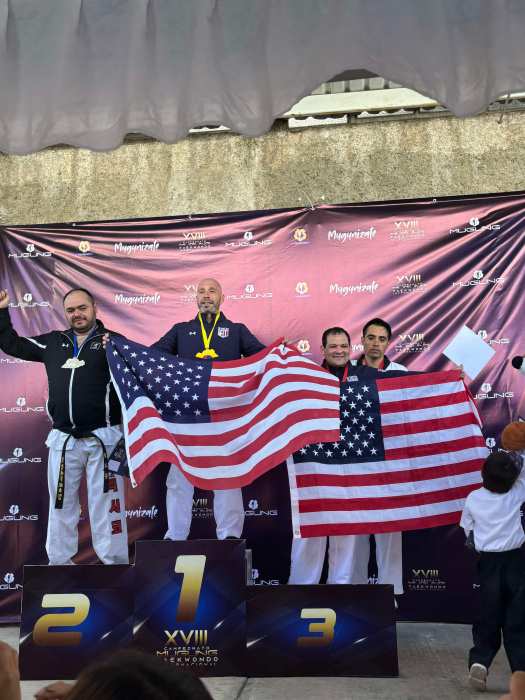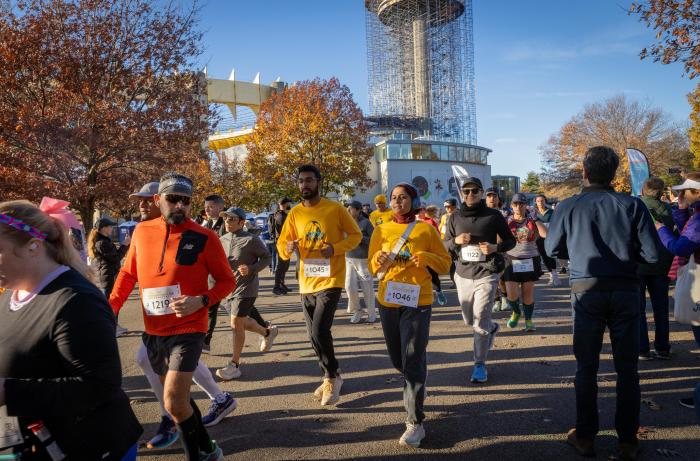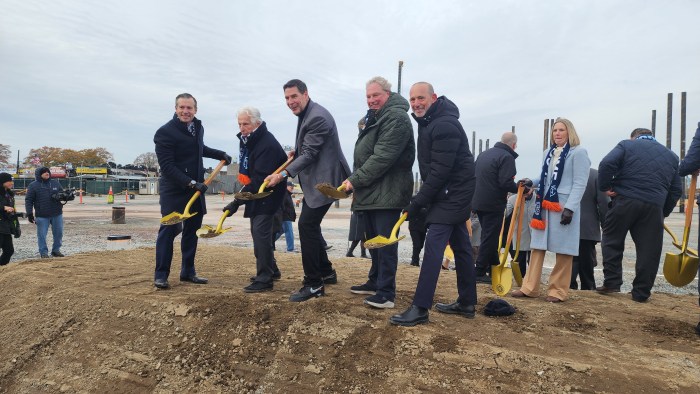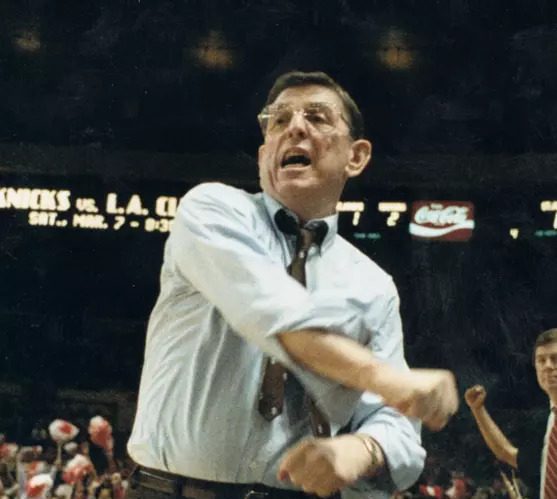Paul Williams was sitting in the back office of the small trophy shop he’s owned and run for the last year- and-a-half, at ease, taking phone calls on parts or orders that were coming in.
During the day, he works in this small store on Bell Boulevard, but this is not his only life. Williams is a handball player who not only competes in international tournaments, but works to foster young players at different levels and methods of the game.
He returned from Ireland a few weeks ago after defending his title at the 2012 World Handball Championships, held every three years, in the 50/50 category.
Born and raised in Bedford-Stuyvesant, Williams started playing the game at age nine after watching his brother play. He’s not the same player who started playing one-wall 44 years ago.
“My brother played at the time,” he said. “He had to babysit me, so I got tossed in the corner of the court and just watched these guys play, so then eventually I picked it up.”
As he and his skills grew, he piqued the interest of a Brooklyn man who sponsored Williams and “then that just spurred the passion, I just kept playing in tournaments.”
What seems to be Williams’ proudest accomplishment is not the number of world championships he’s brought home, however, but the time he gives back to the community. As founder of the Inner City Handball League, Williams helps teens to channel their talent.
This year, he and Team USA brought 14 young adults to the championship. When they returned, they came bearing 15 gold medals and three silvers in one-, three- and four-wall handball competitions. The tournament featured 2,200 competitors from more than 30 countries.
One of the victors attends St. Francis Preparatory High School, Williams said, and another attends Francis Lewis High School. Both took home gold in their divisions, he said.
The idea behind Williams’ involvement in giving back to the community was paying forward what others did for him as an up-and-coming handball player.
Talent, however, isn’t the only rubric for making it into, or staying in, the program. Students are required to be in good academic standing, Williams said, and must maintain at least a “B” average.
“I grew up in a tough neighborhood — Bedford-Stuyvesant, Brooklyn. I realized there was a lot of kids in the neighborhood that need help,” he said. “So instead of just helping one kid, like how the groups were helping me, I decided to help a number of kids.”




































